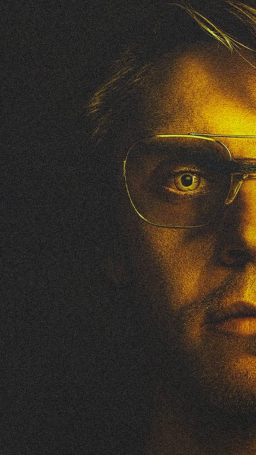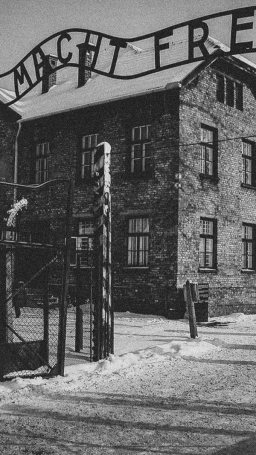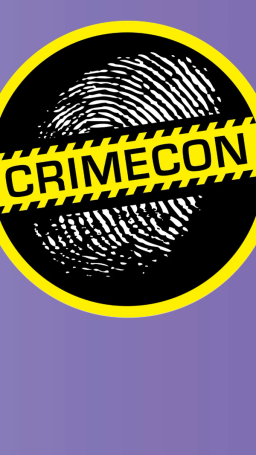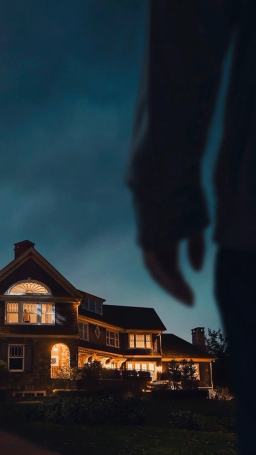shades fills you in


Is true crime ethical?
A CNN Op writes that the true crime phenomenon is at a turning point: The backlash against Netflix’s Jeffrey Dahmer TV series shows that audiences are finally calling out problematic aspects of true crime content. So is our obsession with true crime ethical?
Likewise, in August, the Kiely Rodni disappearance made national headlines. SFGate reported that desktop detectives harassed her (underage) friends, flooded the internet with conspiracy theories, and wasted investigators’ time
But the habit could be hard to kick. My Favorite Murder is one of the most popular podcasts around. The New Republic says it’s pretty messed up. It glorifies both law enforcement and the justice system, and features way grisly murder cases with a tone of flippancy
Check out MFM here
So what’s with the obsession? NBC News thinks there are two main factors at play: Escapism and control
Mashable says this phenomenon isn’t new. Humans have always been obsessed with the morbid. But this recent wave of true crime affects real people -- sometimes in good ways, sometimes bad
This death worker agrees. True crime has brought about some great things, but it’s also caused a lot of damage
The-Peak is less grey about the whole thing: True crime doesn’t respect the victims’ families and their wishes. As it stands now, it’s really bad
Here’s a TikTok from a family member of a victim, showing her frustration with the true crime industry
Ashley Flowers, host of the “Crime Junkie” podcast, knows true crime raises serious ethical questions. But she’s trying to strike the right balance between entertainment and advocacy -- Elle Magazine
Along with true crime content, there’s been a rise in “desktop detectives” or internet sleuths. These people insert themselves into the narrative of the crime to “help” solve cold case crimes. They’re often just a nuisance
In January, The Atlantic wrote that a set of murders in Idaho had quickly turned into true crime content fodder: Online sleuths created content that dehumanized the tragedy. Definitely not ethical
But maybe desktop detectives aren’t so bad! These internet sleuths helped name a Jane Doe cold case and brought answers to a family about a woman’s unknown fate
And Rightasrain.org thinks telling stories about murder and death is okay: It’s a safe way to process negative emotions and can be empowering
Lifehacker: True crime is a murky topic... But if done for the right reasons, it can have a positive impact on the family of victims by telling the victim’s story
Want a fake crime show about true crime? It’s out there! There’s a fictional TV show on Hulu -- “Only Murders in the Building” -- that explores the ethics of true crime podcasters and internet sleuths
up next...
















Women + true crime

The Crown S5 controversy

Netflix’s Dahmer controversy

Gypsy Rose, released

Dark tourism

CrimeCon

Low-stakes murder mysteries

The Watcher

Why did Murdaugh lose

Why we care about Murdaugh

Jordan Neely

TikTok tradwives

Laken Riley

Norwegian prisons

Roald Dahl, edited
